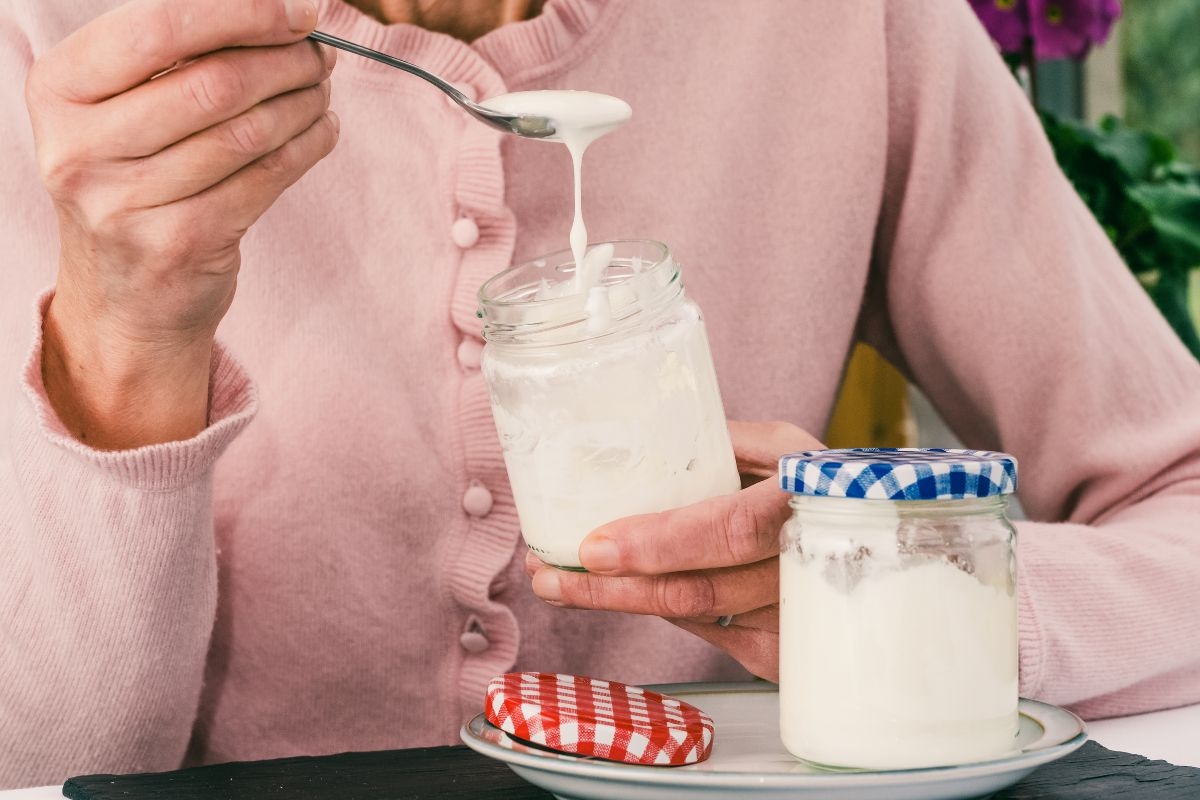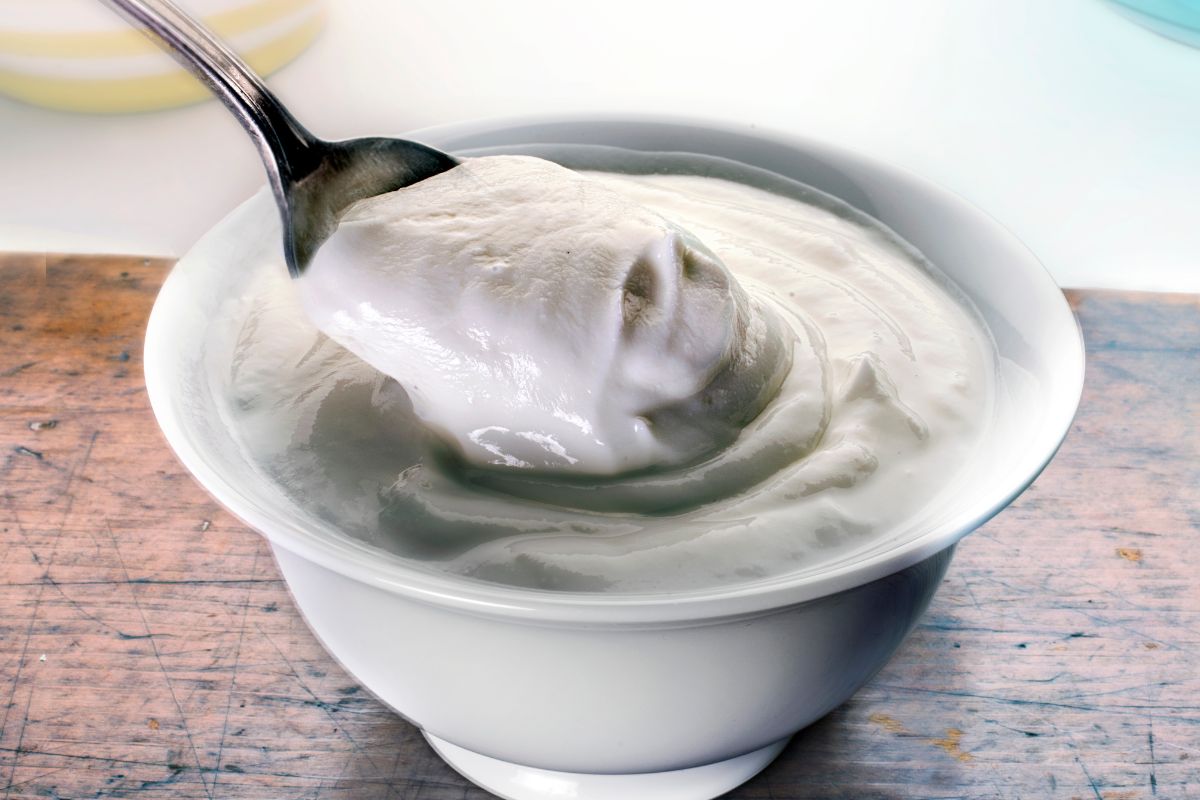“White gold”: see food that helps restore intestinal flora

With ancient origins, kefir—a fermented drink made from grains containing beneficial bacteria and yeast —has been gaining increasing popularity in modern diets. And it's no wonder: recent studies show that regular consumption can restore gut flora, balance the microbiome, and even help improve digestion, immunity, and mental health.
The secret lies in the drink's diverse array of live microorganisms, which act similarly to probiotics found in supplements, but in a natural way. They help restore the gut microbiota, which can be harmed by antibiotic use, stress, poor diet, or inflammatory diseases.

Furthermore, kefir has a low lactose content, as some of the milk sugar is consumed by bacteria during fermentation. Therefore, it's usually well-tolerated even by people with mild dairy sensitivities. There are also plant-based versions, made with coconut water or plant-based milk, ideal for vegans or those with lactose intolerance.
Research also shows that maintaining a balanced gut directly influences the brain —the so-called “gut-brain axis”—and can reduce symptoms of anxiety and improve overall well-being.
Despite the benefits, kefir should be introduced gradually, especially in people with sensitive intestines, to avoid discomfort during the initial adaptation period.








Well-being is fundamental to a full and satisfying life
Getty Images
It covers physical, mental and social aspects
Getty Images
Make smart dietary substitutions to eat healthier
Getty Images
Practicing physical activity is essential
Getty Images
It allows people to live more balanced, healthy and happy lives.
Getty Images
Well-being contributes to disease prevention and improves sleep quality
Getty Images
People with emotional well-being tend to develop more satisfying interpersonal relationships
Getty Images
A healthy, nutrient-rich, balanced diet provides the body with the elements it needs to function properly.
Getty ImagesVersatile, it can be consumed plain, blended with fruit, in smoothies, or even used in recipes like sauces and light desserts. An ancestral food that, more than ever, proves its relevance in the modern lifestyle.
How to make kefir at home You will need:- 1 to 2 tablespoons of milk kefir grains
- 500 ml of whole milk (preferably without ultra-pasteurization)
- 1 clean glass jar
- 1 cloth or paper filter to cover
- Place the kefir grains in the glass jar and add the milk.
- Cover the jar with the cloth (without sealing) and let it ferment for 24 hours at room temperature.
- After this period, strain the liquid with a plastic sieve — it will be kefir ready to consume.
- Wash the grains in filtered water and reuse them for a new preparation.
Tip: Store finished kefir in the refrigerator for up to 3 days. The flavor and consistency vary depending on the fermentation time—the longer it ferments, the more acidic and full-bodied it will be.
metropoles





